Another milestone in international climate diplomacy was realized in the 29th UN Climate Change Conference, COP29, hosted in Baku, Azerbaijan. Among these key outcomes were ambitious plans to triple the current money for climate in developing countries, with a clear understanding of the urgent need for just and efficient solutions in response to deteriorating conditions in the environment (UNFCCC 2024). Due to the country’s rapidly deteriorating climate issue, added to the political motivations, Afghanistan’s engagement under the Taliban-led administration has attracted considerable worldwide attention. Afghanistan is one of the most climate-vulnerable countries that urgently needs assistance in adaptation and resilience-building. Thus, Afghanistan’s involvement in the COP29 climate talk brings attention to the matter of how the global actors may tackle climate change in politically delicate situations without sacrificing morality or practical answers.
Afghanistan climate vulnerability
Exposed to serious risks from landslides, abrupt floods, and protracted droughts, Afghanistan is one of the most vulnerable countries in the world. Looking at the country’s very rough topography, and its dynamic reliance on agriculture, which makes up about 60% of the human workforce, exacerbates the mentioned difficulties (World Bank, 2024). As 50% of the population has been the primary victim of severe hunger with inadequate food supplies, these susceptibilities have been worsening because of climate change (UN OCHA, 2024). The impacts are severe: low water supplies, dropping crop yields, and key infrastructure are prone to severe weather conditions. To address these challenges, global cooperation is required, as they are financing innovative solutions such as better water management systems, the resistance of the crops against drought, and building on the infrastructure to be resilient against disasters (SIPRI, 2023).
The Taliban’s Participation at COP29
The Taliban’s presence at the COP29 global climate discussion was both surprising and unprecedented. Since taking power in 2021, the regime has struggled to gain international recognition. Nevertheless, their participation at COP29 was framed as a step toward advocating for humanitarian support and climate financing. Taliban representatives emphasized Afghanistan’s acute vulnerabilities and appealed for global assistance (AP News, 2024).
Yet, this involvement raised some ethical and political controversies. Whereas critics say that engaging in regular dialogue with the Taliban is risking the legitimation of the regime responsible for serious human rights abuses, others regard such engagement as a pragmatic imperative, citing that climate change does not stop at borders and its solutions cannot afford exclusions (Crisis Group 2024).
The Global Importance of Afghanistan’s Inclusion
Notwithstanding the controversies, Afghanistan must be included in the global climate discourse. Vulnerable countries bear the brunt of climate change, and it would be a travesty of global justice to leave out the 40 million citizens of Afghanistan from adaptation efforts (Forbes, 2024). Managing Afghanistan’s environmental concerns or climate risk might help alleviate migration, prevent conflict, and foster peace in the region. (AP News, 2024).
Afghanistan’s Contribution to the United Nations Climate Change Conference (COPE-29) underscores several critical issues. it emphasizes that climate change knows no border and needs cross-border partnerships and collaborative solutions, particularly with a politically fragmented government or a government characterized by political discord. No doubt, by involving Afghanistan in COPE 29, potential threats are managed before impacting or spreading to nearby regions. (Crisis Group, 2024). Working together to address Afghanistan’s environmental concerns could help to reduce regional tensions that resulted from resource shortages and climate-driven displacement. (UNFCCC, 2024).
In addition, the country’s engagement in climate talk (COP29) provides an opportunity to deliver climate aid to assist those who are in danger or vulnerable communities while maintaining transparency and accountability (Reuters, 2024). This strategy not only improves national resilience, but this approach also creates a framework for the participation of fragile states in international governance. (PBS, 2024).
Besides, there is a neutral platform for effective talks related to climate change issues with the Taliban government. Even amid political differences, shared environmental matters can promote trust and pave the way for future humanitarian collaboration. (France24, 2024). Moreover, COP29 as a global climate talk underlines Afghanistan’s ability to use its massive wind and solar energy resources, bringing investments that might increase economic development and reduce dependency on international aid (New Arab, 2024). Coordinating Afghanistan’s growth with the principle of global sustainability could bring benefits for both the nation and the world.
finally, the Climate Talk (COP29) event underscored the importance of climate finance in supporting community-based solutions to tackle Afghanistan’s particular risks and vulnerability. (DW,2024). At the same time by integrating local insights and needs, international climate efforts can lead to sustainable outcomes and enhanced inclusivity (times of India, 2024).
Challenges To Effective Participation
Under the Taliban-led government, Afghanistan faces massive obstacles in meaningfully engaging in global efforts to fight climate change. According to the World Bank in 2024, years of war have seriously degraded the institutional capacity of the National Environmental Protection Agency (NEPA) and other agencies to plan and implement adaptation approaches. Due to strict Taliban rule, foreign assistance and engagement are largely prohibited, especially in the context of involving women’s rights. Afghanistan’s connection to international banking systems or financial framework is further complex, and it is hindered by the enforcement of global sanctions, which makes it problematic to gain and manage funding for climate-related efforts (Abbasi, F. (2024).
funding providers (Donors) are discouraged from interacting directly with the Taliban government due to concerns about accountability, transparency, and governance (Crisis Group, 2024).
global organizations attempting to deploy climate actions on the ground are also at risk due to enduring security concerns (France, 2024). escalating geopolitical tensions, such as strained interactions with bordering nations, make fostering regional collaboration on common environmental challenges more concerning (Reuters, 2024).
Future Prospects for Involvement
Afghanistan’s participation in the global climate talks (the conference of the parties) demonstrates possible approaches to constructive engagement. Given that environmental issues cut across political lines, climate initiatives provide a fair forum for collaboration (Forbes, 2024). To make certain that aid reaches those who need it most, local non-governmental organizations (NGOs), community groups, and global humanitarian bodies can play a critical role in dealing with the Taliban- controlled system (The Hindu, 2024) Especially regarding wind and solar power in Afghanistan, the prospects for renewable energies offer opportunities for cooperation alongside private sector firms and other worldwide bodies Apart from creating economic livelihood for the local communities in Afghanistan, these attempts to make Afghan vulnerabilities- lack of food security, floods, and droughts -are what present these issues as humanitarian catastrophes and can avail Afghanistan much-needed international support without sympathizing with its government (Taliban) (UNDP, 2024)..
It is evident that partnerships to increase resilience against climate shocks could be achieved through regional collaboration on mutual concerns such as reforestation and transboundary water management (Crisis Group, 2024). To guarantee the sustainability of these initiatives and strengthen long-term global collaboration, the capacity-building program to empower local institutions will be essential (UNFCCC, 2024).
Conclusion
Attendance by Afghanistan to COP29 has overemphasized that a call to the common destiny of humanity through inclusive climate action cutting across national boundaries is a need of the hour. While such participation by the Taliban would raise legitimate questions of legitimacy and administration, its exclusion goes against the spirit of international solidarity and equity. These regional initiatives, partnerships with non-state actors, and renewable energy projects will offer a pragmatic solution to Afghanistan’s environmental problems, ensuring accountability and transparency. Ultimately, addressing Afghanistan’s climate vulnerabilities is also a crucial factor in regional security and more inclusive global climate governance, besides being a humanitarian imperative.
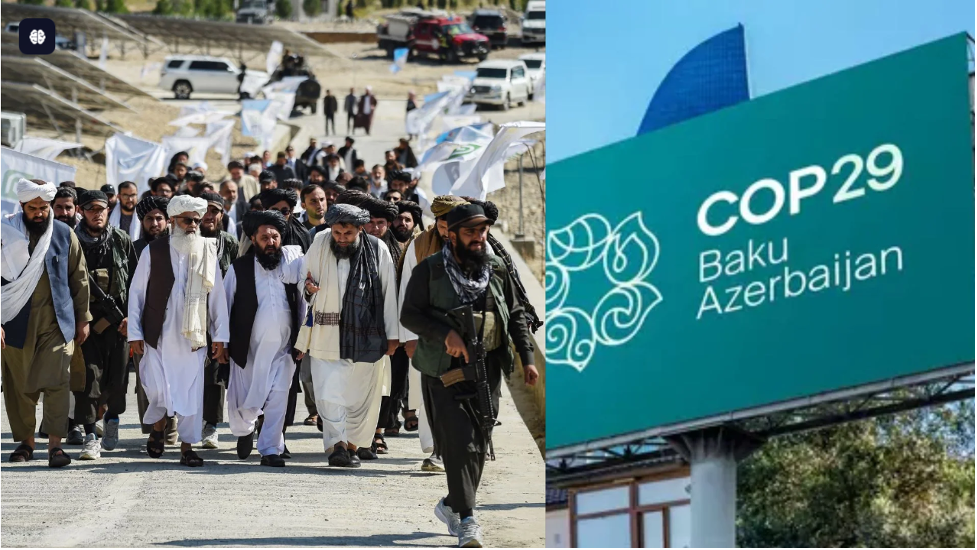
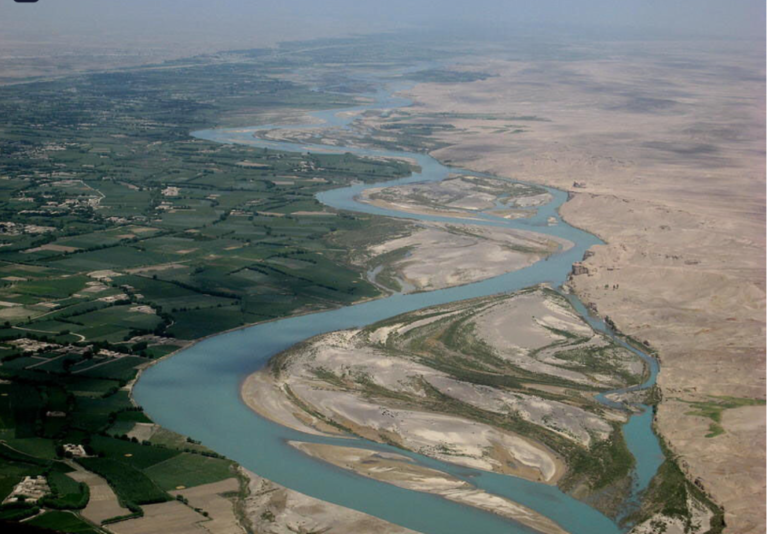
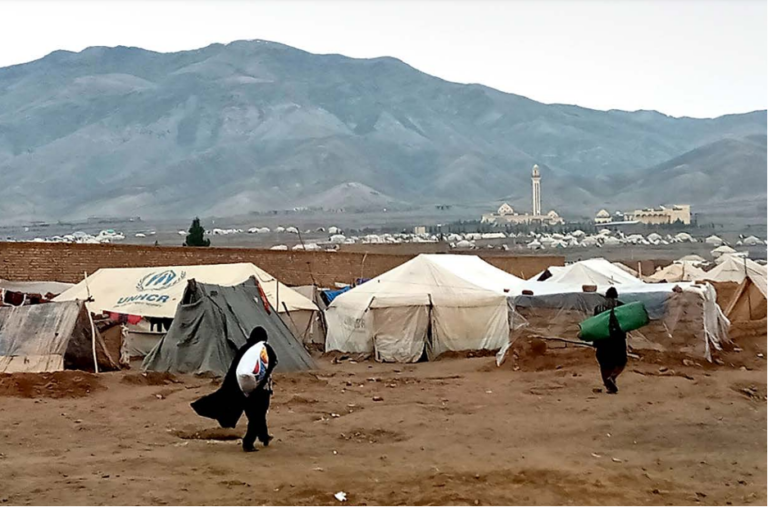


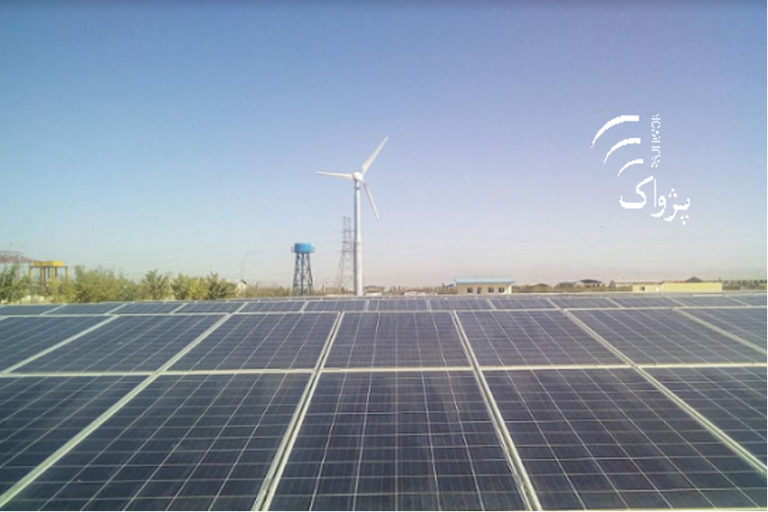
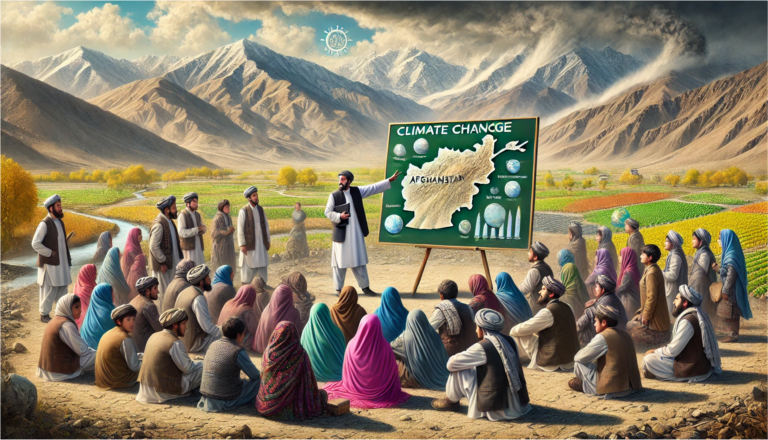
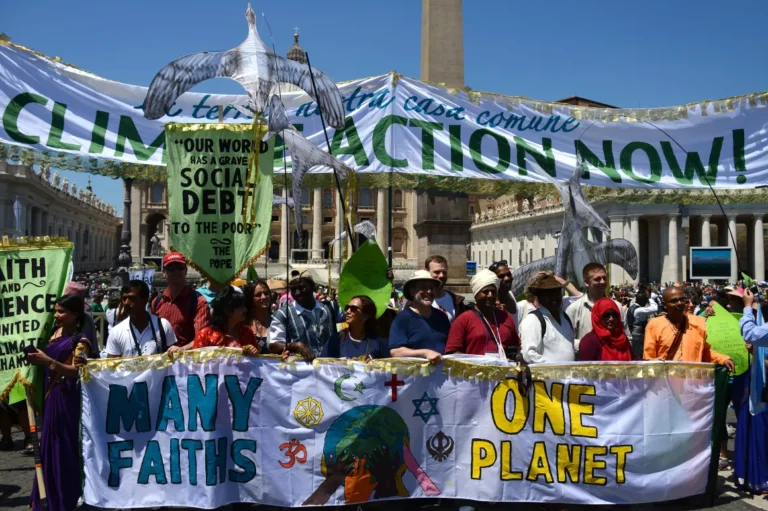
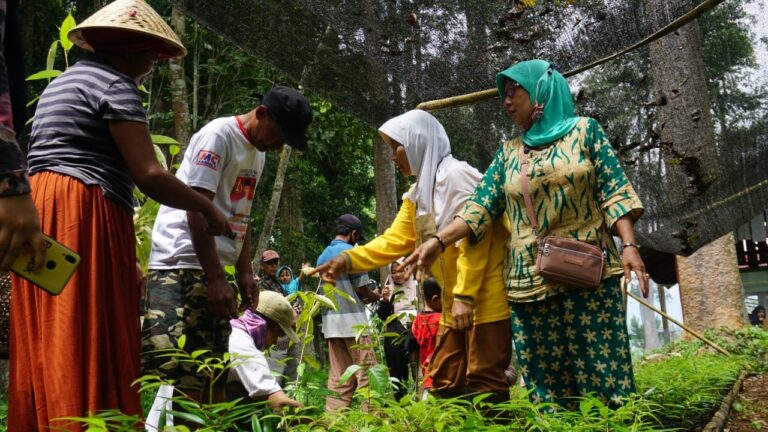

+ There are no comments
Add yours